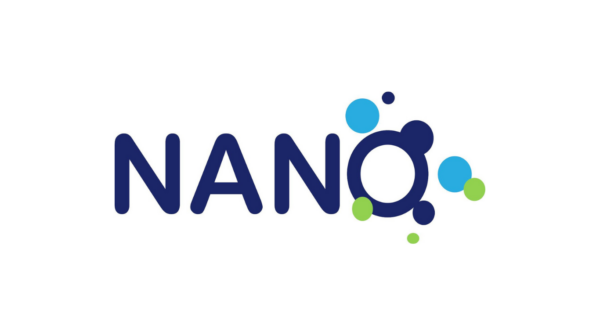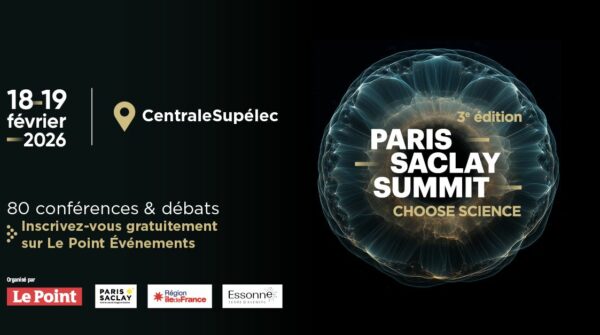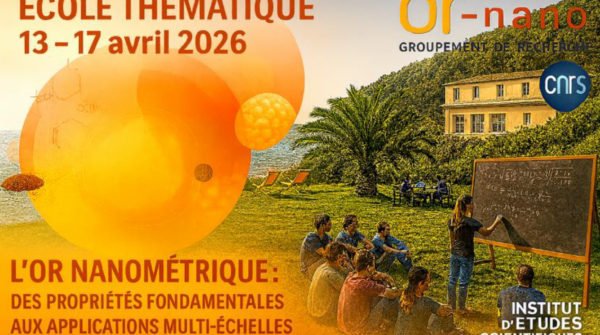Research Engineer – ITODYS Laboratory (Paris Cité University)
Context
This position (fixed-term contract, 1 year, renewable) is offered at the ITODYS laboratory of the Chemistry Department at Paris Cité University. With more than 63,000 students and 7,500 teacher-researchers, Paris Cité University, a multidisciplinary, research-intensive, world-class university labelled an ‘initiative of excellence’, offers a unique working environment in the heart of Paris. Located in the heart of the new BNF district, the laboratory is part of the Grands Moulins campus in the 13th arrondissement of Paris (https://u-paris.fr/nos-sites-et-campus/). The engineer will be recruited to the ITODYS chemistry laboratory, which currently has more than 80 permanent staff, and will interact more specifically with members of the NanoCat team, which develops its activities around the preparation of new materials and nanomaterials and their use in systems dedicated to thermo-, electro- and photo-catalysis. The laboratory has a substantial range of instruments for evaluating the properties and characterising different catalytic materials.
Tasks
The engineer recruited will be primarily responsible for the use, control, maintenance and performance optimisation of equipment in a range of instruments designed for catalysis.
In this role, he or she will be required to carry out the following activities/tasks:
- Write analysis reports, technical notes and protocols for implementing methods for using the equipment.
- Managing the induction, training and supervision of users.
- Carrying out characterisations on the various pieces of equipment, either in-house or as part of services provided.
- Periodically checking and adjusting the equipment, optimising its performance and managing maintenance operations.
- Monitoring technological developments.
The aim is also to increase the potential of the instrumentation pool, and to this end, several specific areas will be developed/implemented:
- Develop optimised analysis protocols to best evaluate the catalytic, electrocatalytic and photocatalytic performance of the materials tested.
- Develop coupling procedures to enable online analysis. This involves, for example, coupling catalytic, photocatalytic or electrocatalytic test benches with continuous chromatographic monitoring of the gas phase.
- Design protocols to assist with data processing. The use of these different devices generates a very large amount of digital data for analysis. Database management and scripting are essential for making the best use of this data.
- Finally, he/she will help to adapt this range of instruments to the changing needs of research: carrying out instrument development when necessary; participating in the acquisition and deployment of new devices.
Required Profile
The engineer recruited must have a keen interest in instrumental development and the combination of different techniques. Skills in analysing large volumes of data and proficiency in programming languages (e.g. Python) would be an advantage. Knowledge of materials chemistry and electrochemistry would also be an asset but is not a prerequisite. A strong aptitude for teamwork, good listening and communication skills, and a good command of written and spoken English will also be definite assets for the candidate.
Contacts
- Pr. Souad Ammar, directrice du laboratoire ITODYS, souad.ammar-merah@u-paris.fr
- Pr J.-Y. Piquemal, responsable de l’équipe NanoCat, jean-yves.piquemal@u-paris.fr








